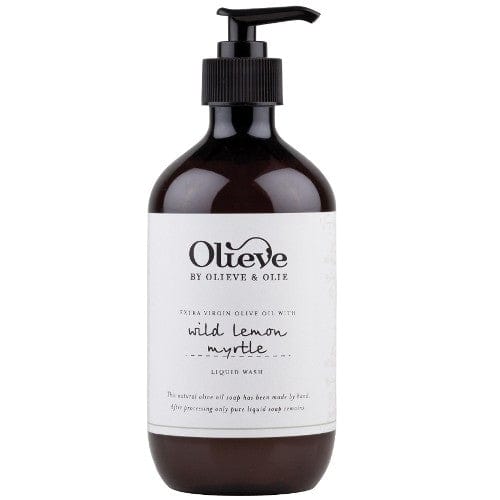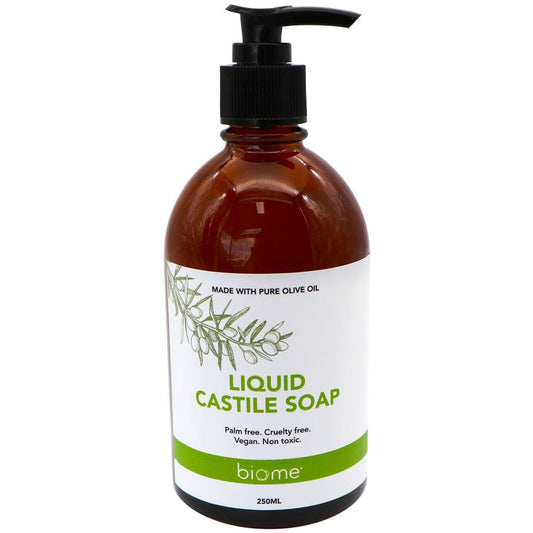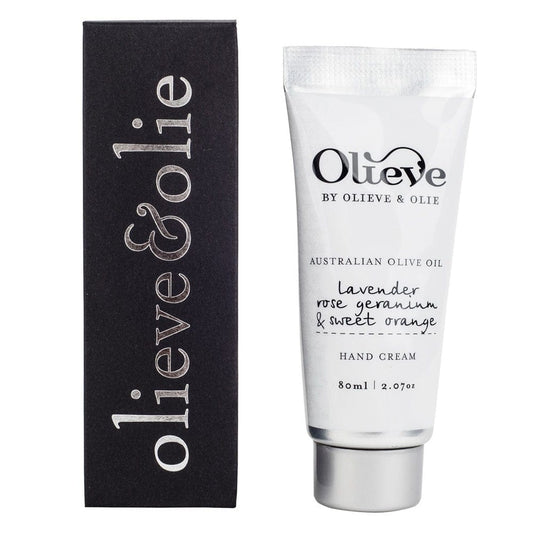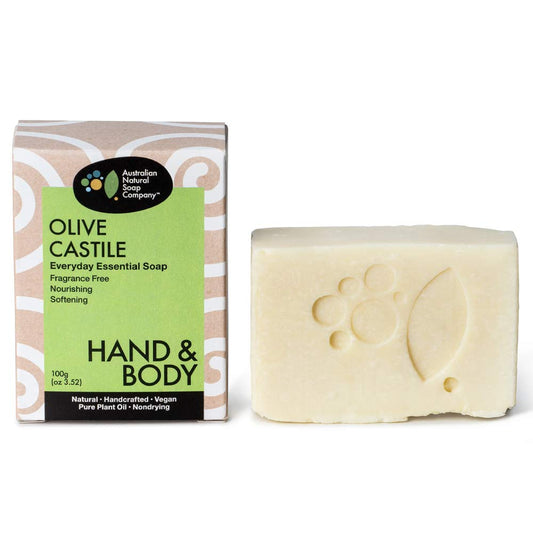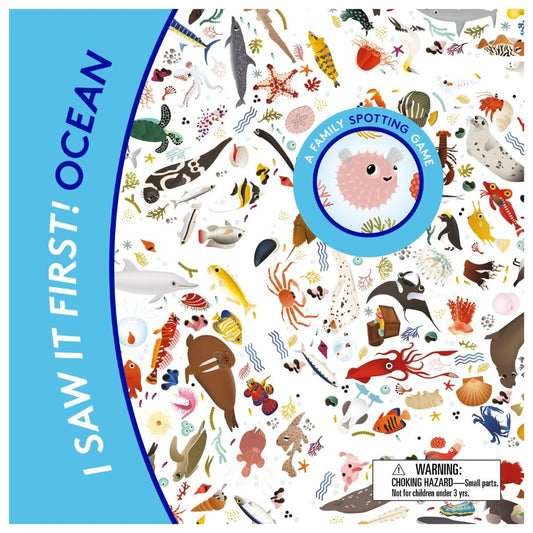
It has just dawned on me that the burning sensation I'm experiencing on my hands is due to the multiple times I'm washing them and applying hand sanitiser every day – even though I use natural soap and sanitiser free from irritating synthetic fragrances, preservatives and petrochemicals.
Repetitive hand washing can damage the integrity of your skin as a barrier. Signs of a damaged skin barrier are redness, inflammation, itchiness, scaly skin, cracks, even bleeding.
For some it can be a debilitating skin condition such as irritant or allergic contact dermatitis and eczema. Of course, we will all choose dry, sore hands over the risk of contracting an illness, but we can take steps to care for our skin's natural protective barrier. Our flexible outer casing of skin protects us from the elements, holds in moisture, produces oil that keeps our skin soft and supple, and is our first line of defence against pathogens entering our bodies. Tight cell junctions prevent microbes from passing through, but anytime there is a lesion, sore or crack, it is easier for irritants and bacteria to penetrate the skin.
Likely types of infection are bacterial, though healthy skin integrity can affect other aspects of our physical well being. That is why in hospitals one of the important aspects of basic patient-care is to maintain intact, healthy, moisturised skin.
Here is what you can do to help avoid damage to your skin from diligent hand hygiene.
1. Use Real Soap, Not Artificial Soap
Good old fashioned soap–either in bar form or liquid castile soap–is an incredibly simple thing! First invented by early humans when fat dripped into the ashes of their fire resulting in a substance that cleansed. Real soap is simply the product of vegetable or animal fat and an alkali (lye, potash or sodium hydroxide). Moisturising glycerine is a by-product of this process, and is traditionally left in the soap. However, mass consumer brands (such as Dove, Cussons) are known to remove the valuable glycerine and sell it off as a premium ingredient, replacing it with cheaper palm oil, tallow or petrochemical oil, along with many other additives.
Here are the minimal, mositurising ingredients in a bar of our Dindi soap, which is far less likely to dry out your hands:
saponified olive oil, coconut oil, shea butter, hemp seed oil, rice bran oil, sunflower oil, castor oil*, green clay. (*organic)
By comparison, brands such as Dove and Cussons contain synthetic detergents, fragrances, and preservatives. No wonder they dry out and irritate your skin!
Dove ingredients: Sodium Lauroyl Isethionate, Stearic Acid, Sodium Palmitate, Lauric Acid, Water, Sodium Isethionate, Sodium Stearate, Cocamidopropyl Betaine, Sodium Palm Kernelate, Glycerin, Fragrance, Sodium Chloride, Zinc Oxide, Tetrasodium Edta, Tetrasodium Etidronate, Alumina, Ci 77891.
Cussons Imperial Leather ingredients: Sodium Palmate, Aqua, Sodium Palm Kernelate, Talc, Glycerin, Parfum, Sodium Chloride, Sodium Carbonate, Sodium Laureth Sulfate, Tetrasodium [DTA, Ettdronic Acid, Coumarin, Eugenol, Dnaloot, Benzyl Benzoate, Geraniol, (Wane;loll Alpha-lsomethyl lonone, CI 77891, CI 77220, CI 11680, CI 71105, CI 74260, CI 12490.
2. Avoid Oil-Stripping Detergents in Liquid Soap
Many liquid soaps contain detergent rather than soap. Detergent based surfactants are very drying because they are designed to strip oils, just as detergent strips the grease off your dirty dishes. However, you can choose liquid soaps made in the traditional saponification process.
Detergent, even when claimed to be ‘natural', is a synthetic substance made in a multi-step process, with names such as Cocamidopropyl Betaine.
Liquid shampoo and hand wash are detergents, along with dish washing and laundry detergent, shampoo. Detergents contain no glycerine and are designed to strip oils, and that is why we need to add back in some moisture afterwards such as conditioner after shampooing. 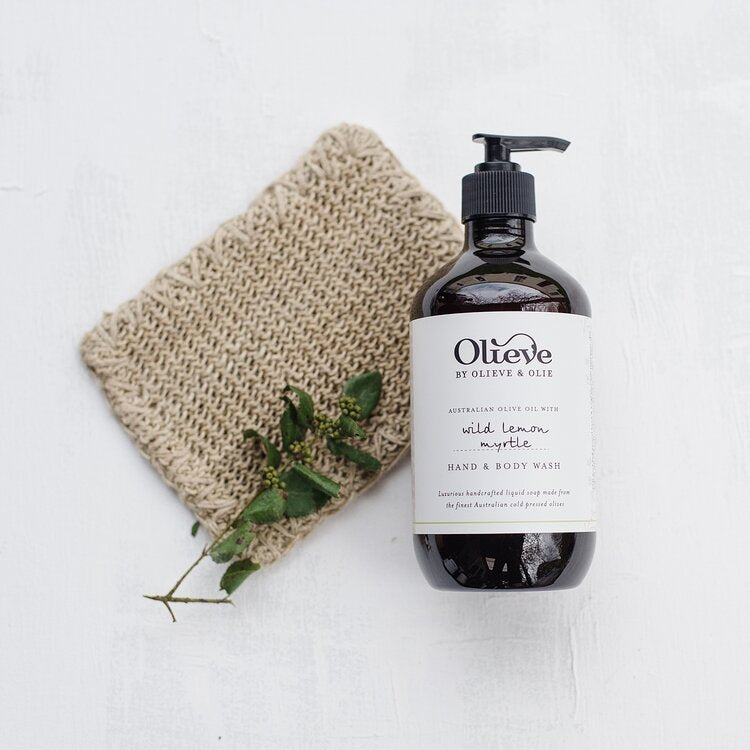
To illustrate the difference, here are the ingredients in our Olieve Hand & Body wash, a naturally thick, moisturising liquid soap made from saponification.
Aqua (Purified Water), Potassium Olivate (Olive Oil Soap), Glycerine (Palm Free), Potassium Cocoate (Coconut Oil Soap), Potassium Castorate (Castor Oil Soap), Backhousia Citriodora (Lemon Myrtle) Oil, Eucalyptus Citriodora Oil, Cedrus Atlantica (Cedarwood) Bark Oil, Sodium Borate (Borax), Citric Acid, Sodium Chloride (Salt)
Here are the ingredients in Sukin 'natural' liquid hand wash which is detergent-based.
Water (Aqua), Aloe Barbadensis Leaf Juice, Cocamidopropyl Betaine [synthetic detergent], Decyl Glucoside [synthetic detergent/surfactant], PEG-150 Pentaerythrityl Tetrastearate [synthetic emulsifier/thickener], Chamomilla Recutita (Matricaria) Flower Extract (Chamomile), Yucca Schidigera Root Extract, Lavandula Angustifolia (Lavender) Flower Extract , Rosa Canina Fruit Oil (Rose Hip), Simmondsia Chinensis (Jojoba) Seed Oil, Persea Gratissima (Avocado) Oil, Tocopherol (Vitamin E), Glycerin, Citrus Tangerina (Tangerine) Peel Oil, Citrus Nobilis (Mandarin Orange) Peel Oil, Lavandula Angustifolia (Lavender) Oil, Vanillin, Sodium Chloride, Citrus Paradisi (Grapefruit) Seed Extract, Vanilla Planifolia Fruit Extract, Phenoxyethanol [synthetic preservative], Benzyl Alcohol, Limonene, Linalool.
The vast difference in the ingredients explains why you will find the Olieve liquid soap to be more expensive per volume, because it is 100% luscious liquid soap.
See all our liquid soaps and bar soaps
3. Go Fragrance Free
Try to avoid all forms of parfum and synthetic fragrance because they are highly irritating and drying, often being alcohol based. Some people may also find essential oils can still cause contact eczema and irritation.
Here is great quality soap bar by Australian Natural Soap Company that is made purely from premium Australian olive oil! Fragrance and essential oil free, it is perfect for sensitive skin and leaves your skin feeling soft and moisturised.
4. Apply Moisturiser
Each time after hand-washing, gently pat dry until just damp (do not rub), then apply a liberal amount of nourishing moisturiser. Ideally, a moisturiser without any synthetic fragrances, preservatives or petrochemicals, such as our most popular choice among Biome customers, Olieve Hand Cream.
See all our moisturisers here for Hands | Body | Face
5. DIY Hand Mask
Just like a face mask, apply an exfoliating and nourishing mask to your hands made using ingredients you can find at home.
Recipe 1: One avocado, 2 tablespoons of raw local honey, 1 tablespoon of olive oil or coconut oil, 2 teaspoons of plain yoghurt or water. Blend all ingredients in a food processor. Smear over hands and sit peacefully for 10 minutes allowing the mask to penetrate.
Recipe 2: Simply rub a generous amount of coconut oil into your hands and cuticles. Wrap each hand in a light towel. Sit for 10 minutes. Wipe off excess and allow the remainder to soak in.
Recipe 3: Mix together 1/4 cup of sugar (any sugar you have at home) and 1/8 cup of olive oil or coconut oil. Add juice of half a lemon and mix. Massage the mix all over your hands. Rinse off in warm water. Apply moisturiser. Before bed, massage a rich moisturising cream into your hands and wear some washable cotton gloves to bed.
6. Wear Gloves When Cleaning
Always wear gloves when washing up and cleaning the home: washing up liquids are designed to strip oils and grease from the pots and pans, and they do them same to your hands. You're washing your hands enough without them needing an extra harsh cleanse. Similarly, the harsh chemicals in cleaning products can damage your skin.
This is not medical advice. If your hands are red, inflamed, itchy, swollen or painful, be sure to seek advice from a medical practitioner.
MORE READING
What's wrong with a bar of soap, Bluey?
What's the difference between our shampoo bars?



